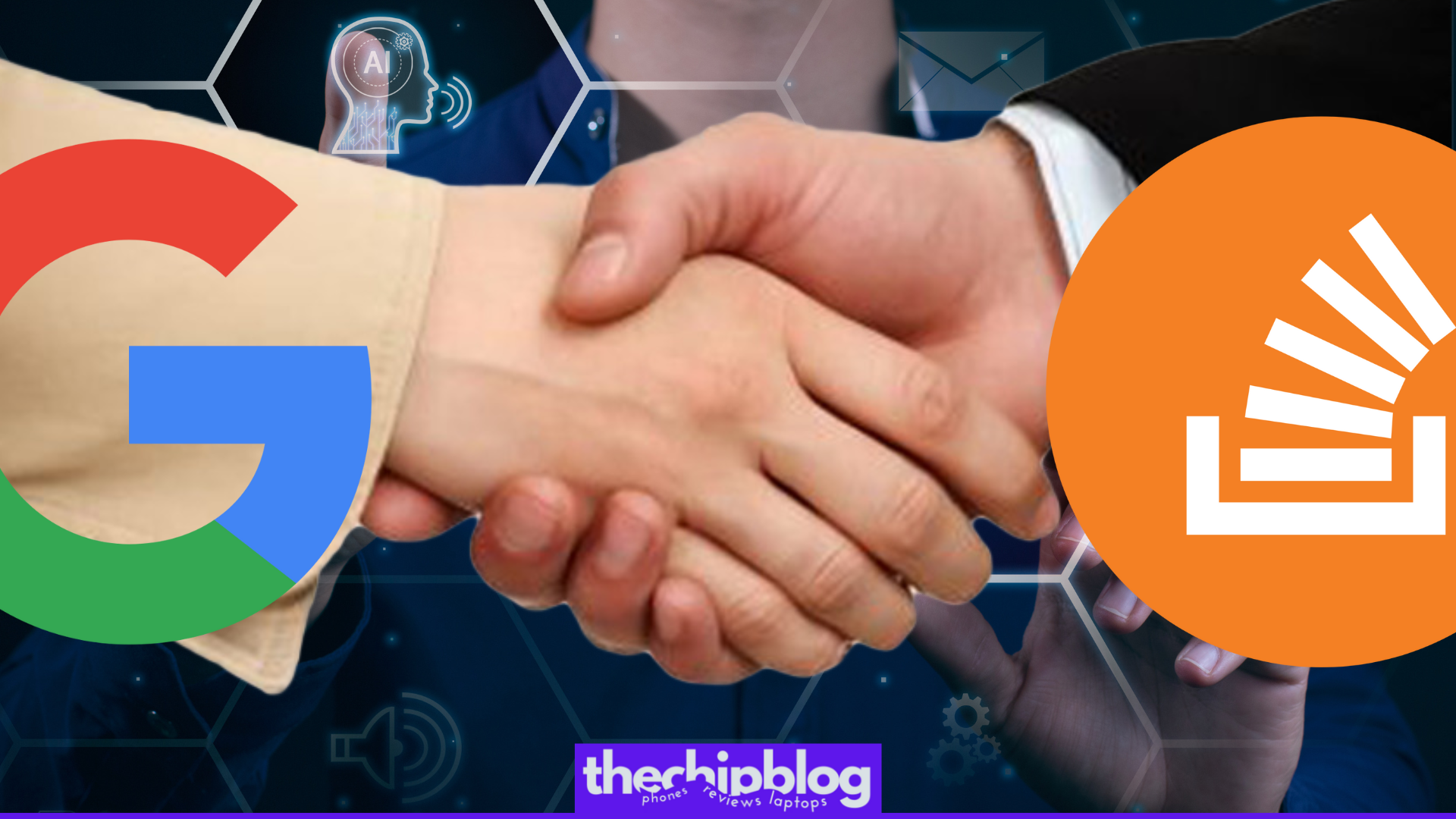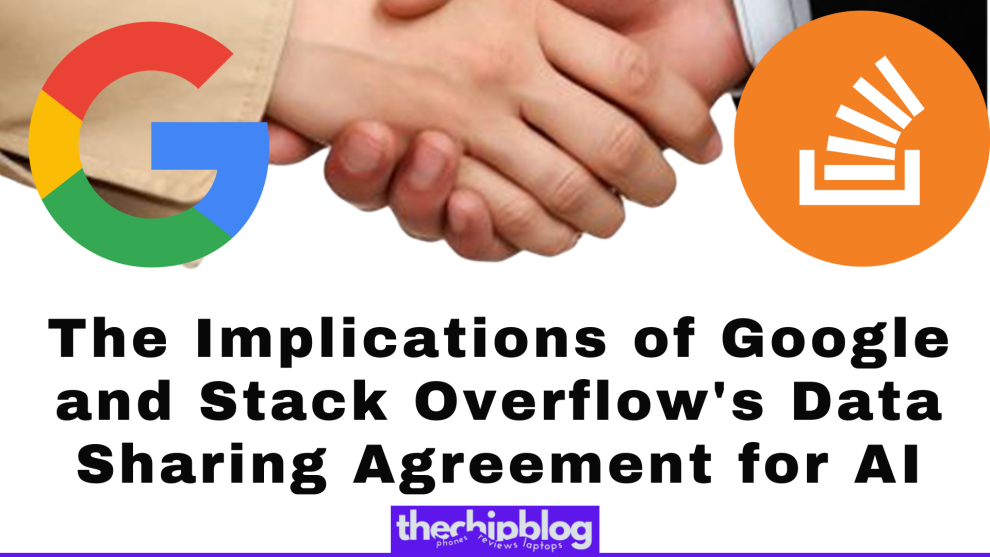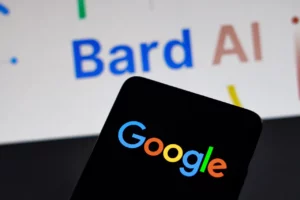In a landmark deal, Google has become the first company to sign an agreement with Stack Overflow for access to its extensive Q&A data to train artificial intelligence systems. This deal could have far-reaching implications for the future development of AI across multiple industries.
The Deal and What It Means
Under this agreement, Stack Overflow will start charging major AI firms like Google for access to its platform’s vast trove of technical questions and answers. Google itself plans to tap this data goldmine to train and improve its own Gemini chatbot, which is designed to provide answers to cloud customer queries.
For Stack Overflow, this represents a new revenue avenue – essentially monetizing all the programming knowledge accumulated on their platform over the years. And for AI developers, it offers a way to easily access rich, real-world data to train smarter algorithms.
The Growing Importance of Data for AI
This deal comes at a time when data has become crucial fuel for the recent explosive growth in AI and machine learning. Advanced techniques like deep learning have enabled computers to learn directly from examples and data patterns. As a result, AI companies now actively seek large, high-quality datasets to develop more accurate models.
Stack Overflow offers access to exactly such valuable data. With over 21 million questions already asked on topics spanning programming languages, coding techniques, software tools and more – it represents a goldmine for training AI systems. For instance, an AI assistant could learn how to debug errors more efficiently by analyzing real code snippets and solutions on the platform.
Implications for the AI Landscape
The Google – Stack Overflow partnership has several key implications:
- Increased data access costs: AI firms will now have to pay to leverage platforms like Stack Overflow. This may drive up development costs.
- Consolidation of power: The deal strengthens Google’s existing leadership in AI. With privileged data access, it can cement a competitive edge over smaller firms.
- New revenue avenues: More platforms now have a blueprint to monetize their own data assets in the AI age.
- Better training data: Access to additional real-world data can help improve accuracy of AI algorithms over time.
Addressing Potential Bias Issues
A major area of concern emerging from this deal involves possible bias in the training data.
Since Stack Overflow’s user base skews heavily white and male, the perspectives encoded in its Q&A are limited. Models trained on such homogeneous data run the risk of perpetuating similar demographic biases.
For instance, an AI recruiter algorithm could downgrade women candidates’ resumes based on biased judgments of their technical expertise. Or a financial chatbot could be less willing to discuss loans with non-white individuals.
However, many techniques exist to mitigate such issues, like:
- Employing diverse datasets: Blending Stack Overflow data with other broader sources can reduce skew.
- Algorithmic debiasing: Specific debiasing algorithms can counterlearn existing model biases.
- Ongoing bias testing: Continuously testing AI systems using diverse test cases helps reveal fairness gaps.

The Future of AI After This Deal
The Google – Stack Overflow agreement has sparked wider debates around trends reshaping AI’s future, such as:
The Rise of AI Data Marketplaces
More platforms now recognize the value of their data assets for AI training. Beyond Stack Overflow, others like Reddit, Quora, GitHub, etc. also offer rich interaction data. As they follow suit in monetizing such data, an entire ecosystem of AI data marketplaces could emerge.
This would accelerate AI development by connecting data suppliers with AI builders. However, adequate data regulations will also be needed to balance innovation with ethics.
Battles Over Data Access Rights
As AI data gains value, fights over its control and access are also expected. Many platforms today offer their data freely. But with monetization models now proven, more could start closing off or charging for data access.
This could negatively impact smaller AI firms and academics relying on open data. Policy discussions around public data access and sharing regulations could intensify as a result.
Advances in Synthetic Data Generation
To bypass issues like high data costs and bias, alternatives like synthetically generated training data are also evolving. Here, algorithms automatically create vast simulated datasets modeling the real world.
As synthetic data generation matures, it could complement or even replace approaches based solely on mining platforms like Stack Overflow.
Conclusion
The recent data sharing agreement between the two AI giants – Google and Stack Overflow – signals a new chapter for AI. While it promises improved access to valuable training data, concerns around increased costs, barriers to entry and data bias also come to the forefront.
Striking the right balance between enabling AI innovation through data sharing while also keeping it ethical and inclusive will be among the key challenges as this deal’s impact ripples through the tech world.
















Add Comment